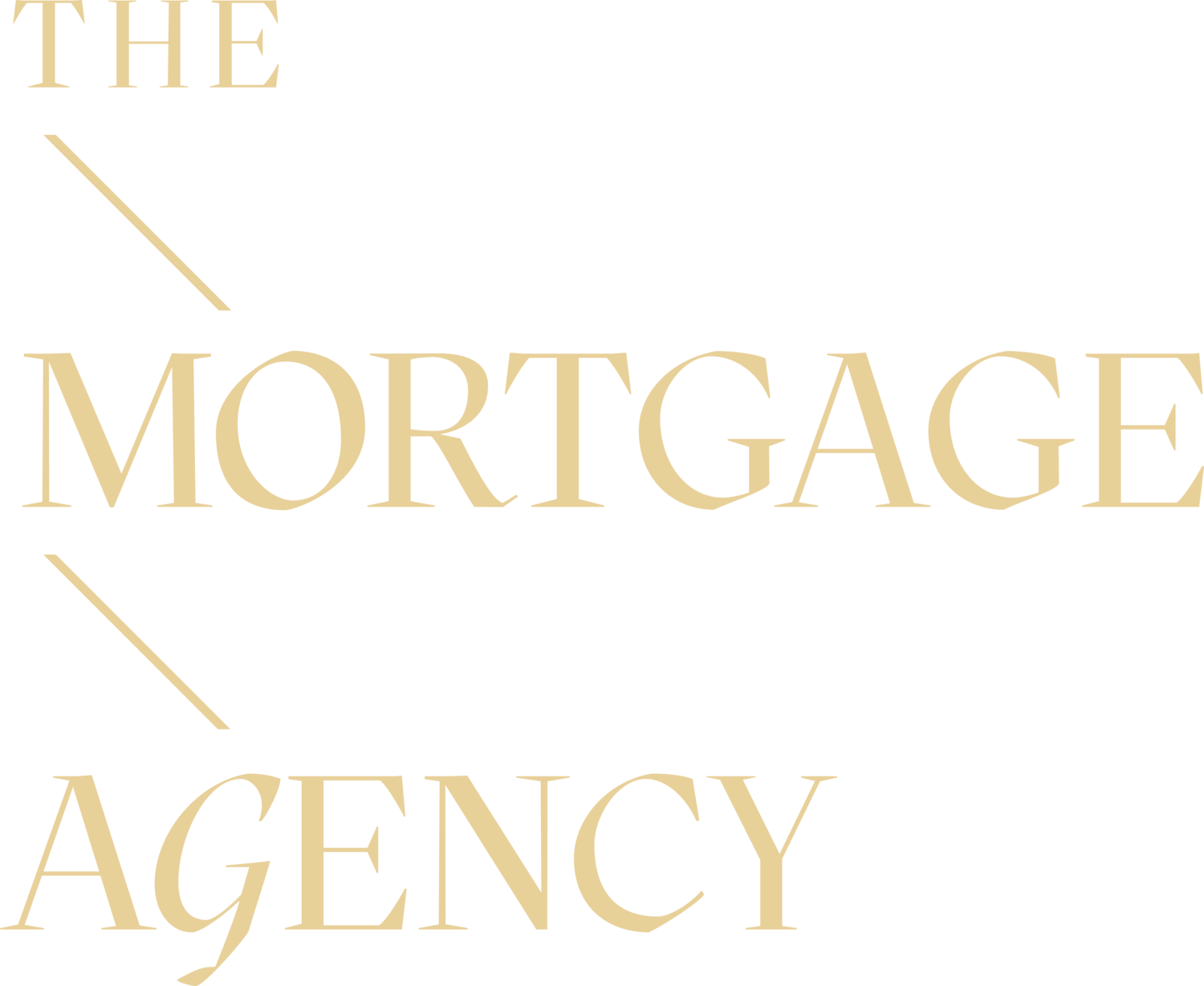5 Year Commercial Mortgage Rates Canada
Here are 9 key features that everyone should be aware of, when considering a 5-year commercial mortgage:
1. Term Length: A 5-year commercial mortgage has a fixed interest rate and repayment schedule for a period of five years. After the initial term expires, the borrower typically has the option to renew the mortgage at prevailing market rates or refinance the loan.
2. Property Types: Commercial mortgages can be used to finance various types of commercial properties, including office buildings, retail spaces, industrial properties, warehouses, multifamily residential properties, and more.
3. Interest Rates: Interest rates for 5-year commercial mortgages are typically lower than longer-term loans, making them attractive for borrowers who want lower initial monthly payments. However, these rates are subject to market conditions and may reset when the loan is renewed or refinanced.
4. Monthly Payments: Commercial mortgages come with fixed monthly payments, which include both principal and interest. The monthly payment amount remains consistent throughout the 5-year term.
5. Refinancing or Renewal: At the end of the 5-year term, the borrower has several options. They can choose to renew the mortgage with the current lender, refinance with a new lender, or pay off the remaining balance if they have the means to do so.
6. Prepayment Penalties: Some commercial mortgages may have prepayment penalties if the borrower decides to pay off the loan before the end of the term. These penalties can vary depending on the lender and the specific terms of the mortgage.
7. Qualification Criteria: Borrowers typically need to meet certain eligibility criteria to qualify for a commercial mortgage. Lenders will consider factors such as the borrower's creditworthiness, financial stability, the property's value and income potential, and the borrower's ability to make the monthly payments.
8. Commercial Mortgage Brokers: Many borrowers work with commercial mortgage brokers who specialize in connecting borrowers with lenders who offer suitable loan terms and competitive rates.
9. Market Conditions: Interest rates for commercial mortgages are influenced by market conditions, economic factors, and central bank policies. Borrowers should be aware that rates may change when it's time to renew or refinance the loan.
Commercial mortgages can also come in 10-year terms. Here's a general comparison between 5-year and 10-year commercial mortgage rates:
5-Year Commercial Mortgage Rates:
Lower Initial Rates: 5-year commercial mortgage rates typically have lower initial interest rates compared to longer-term loans. This can make them attractive for borrowers looking to keep their initial borrowing costs lower.
Shorter Fixed Period: The interest rate is fixed for a shorter period, usually five years. After the initial fixed period, the rate may reset based on prevailing market rates. This means borrowers may face interest rate risk if rates rise significantly when it's time to renew the loan.
More Frequent Refinancing: Borrowers with 5-year commercial mortgages may need to refinance more frequently, which can involve additional costs and potential risks if market rates have increased.
10-Year Commercial Mortgage Rates:
Stability: 10-year commercial mortgages offer stability in terms of interest rates. The rate is fixed for a more extended period, reducing the risk of fluctuating interest rates during the loan term.
Higher Initial Rates: Typically, 10-year rates are higher than 5-year rates because borrowers pay for the longer-term rate protection.
Less Frequent Refinancing: Borrowers have a more extended period of rate certainty, reducing the need for frequent refinancing. This can be beneficial in periods of rising interest rates.
Early Payment Penalties: Some 10-year commercial mortgages may come with substantial prepayment penalties if borrowers want to pay off the loan or refinance before the term expires.
The choice between a 5-year and a 10-year commercial mortgage depends on your specific financial goals, risk tolerance, and market expectations. If you believe that interest rates will remain relatively stable or even decrease, a 5-year mortgage may be attractive for its lower initial rates. However, if you're concerned about rising interest rates in the future or want to avoid the hassle of frequent refinancing, a 10-year mortgage may provide more peace of mind.
It's essential to work closely with a commercial mortgage broker or lender to assess your unique financial situation, investment strategy, and market outlook to determine which term length aligns best with your goals and risk tolerance.
If you have any questions about what term is best for you, don’t hesitate to contact a member of our team, by email at , info@themtgagency.com or (416) 646-5756.
